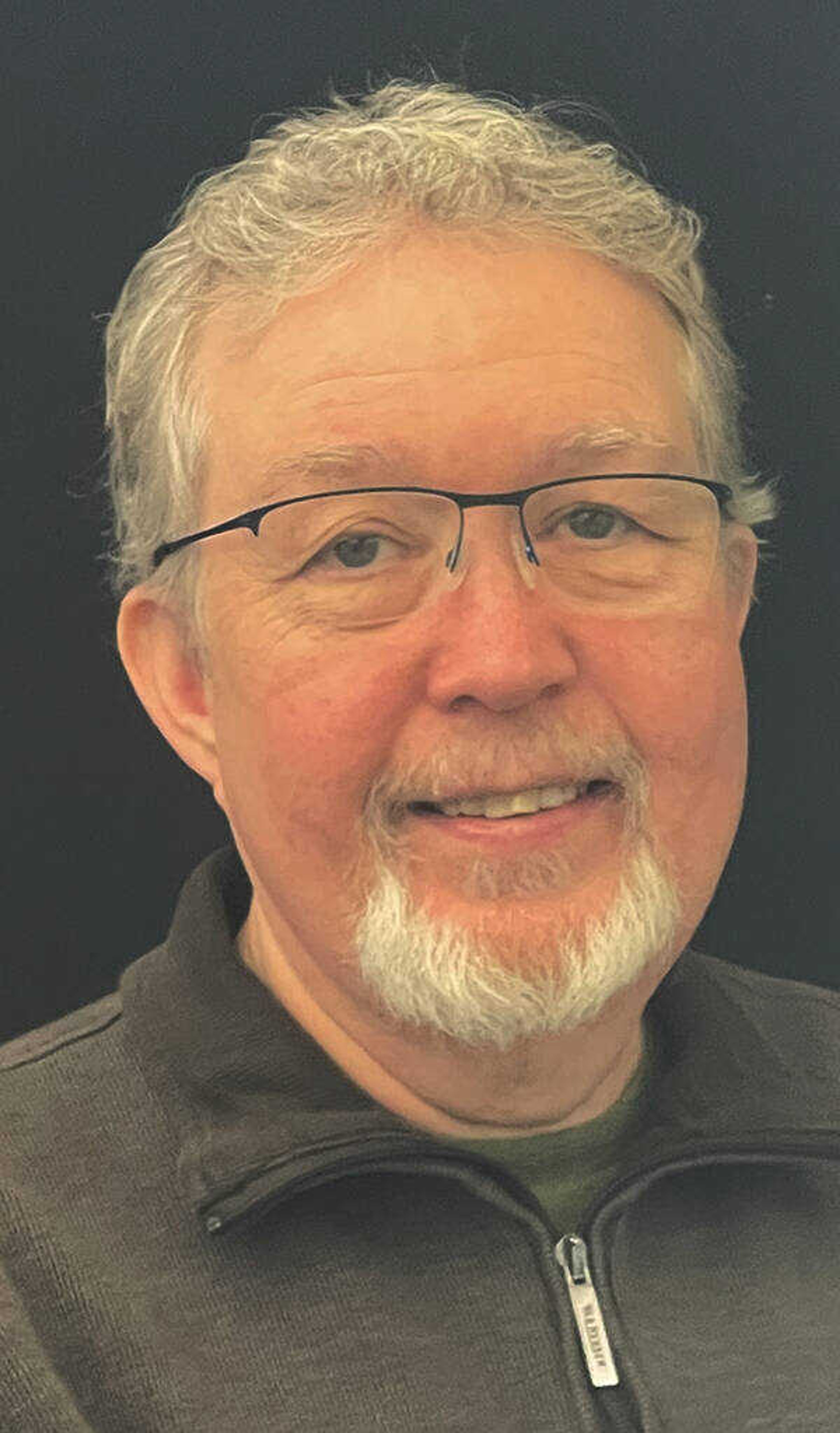Where the Road Leads: A penitentiary, a bribe and Louis Houck
In 1885, Missouri's plan to build a second penitentiary sparked controversy when Louis Houck allegedly attempted to bribe officials to secure Cape Girardeau as the site. Ultimately, the expansion plan was scrapped.
In 1885, the Missouri General Assembly, after a recommendation from Gov. Thomas J. Crittenden, decided to build a second penitentiary to relieve overcrowding at the Jefferson City penitentiary, built in 1836.
A commission consisting of John Walker, state auditor; James Seibert, state treasurer; and Gen. Banton G. Boone was set up to explore and select a penitentiary location.
Kansas City appeared to be a good choice, but was opposed by locals. Boone wanted the prison in Louisiana and Seibert favored Cape Girardeau.
Local entrepreneur Louis Houck desperately wanted a prison located in Cape Girardeau. He got the community behind the project and offered the commission $3,500 from a sale of some of his land. The commission visited many potential sites, including Fredericktown, but came to Cape Girardeau before Kansas City. Houck offered the commission 100 acres less than a mile from the courthouse for $20,000, the limit set by the General Assembly.
The land bordered the river and had access to a railroad as well as the timber and stone needed for the construction and maintenance of the prison. The land included two parcels, and one had questionable ownership. Houck had lobbied hard for the prison. According to Houck when it looked like the commission would select Cape Girardeau, he threw a big party at a hotel in Jefferson City.
Many of the state’s large newspapers took the commission’s decision to task over locating a prison in Cape Girardeau, pointing out the land would flood, railroads were inadequate and the amount of land was too small for the $20,000. The commission reversed its decision to locate at Cape Girardeau and announced Kansas City as a better location.
Walker believed Cape Girardeau to be the perfect location, but his sudden reversal became questionable. He had knowledge of Houck asking J.R. Willis, former warden of the Jefferson City prison, to help get the prison located in Cape Girardeau. Houck’s second attempt to get the prison involved money for Willis’ assistance, in addition to a much larger tract of land.
The General Assembly had suspected Walker of accepting bribes beginning in 1884, which involved the existing penitentiary, plus this one. A committee was formed to investigate the allegations. The state auditor’s office published the committee’s decision and testimonies in a 483-page book in 1887.
By 1887, most of the witnesses brought before the committee could not, or would not, admit to certain details of “who knew what and when” or if money was exchanged for the Cape Girardeau location.
Houck admitted to seeking assistance and offering money as compensation to knowledgeable people who could help him get the commission to select Cape Girardeau.
Walker, when questioned, admitted to being under enormous pressure to choose the Cape Girardeau location, but didn’t mention where the pressure came from. Houck, himself, didn't seem to approach Walker directly, but worked through others to convey his interest to Walker. Willis, when asked directly if he accepted any money from Houck replied that he questioned Houck how he could offer so much money and said Houck’s reply was that he owned a lot of land to support “whatever it took” to locate the penitentiary in Cape Girardeau. When asked by the committee about this money reaching Walker, Houck replied he didn’t know if it ever reached Walker. The statement suggests, but doesn’t prove, Houck offered a bribe to Walker to secure his vote for the Cape Girardeau location.
The committee concluded Walker never received or benefited from this bribe or any others in this investigation. The money Houck supposedly offered was never located, and the issue was dropped. Because the heated issue of locating a second prison in the state had ended with a hearing on bribery, the General Assembly decided to expand the existing prison and, on March 22, 1887, the General Assembly repealed the act of creating a second penitentiary.
While it appears from the testimonies given that Houck attempted to bribe state officials to locate the state’s next penitentiary in Cape Girardeau, nothing could be proven. Another analysis of Houck’s actions could be viewed as a man who loved Cape Girardeau and Southeast Missouri and tried to do as much as possible to help the economic growth of the area.
Dave is a lifelong resident of Southeast Missouri who has always had a strong interest in local history. Recently retired from the Cape Girardeau School District, Dave can spend more time exploring Southeast Missouri’s history.
Connect with the Southeast Missourian Newsroom:
For corrections to this story or other insights for the editor, click here. To submit a letter to the editor, click here. To learn about the Southeast Missourian’s AI Policy, click here.












